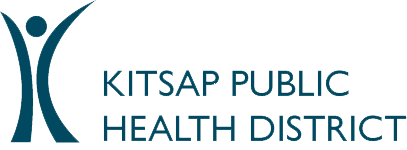Overview
Gonorrhea is a sexually transmitted infection caused by the bacterium Neisseria gonorrhoeae that typically affects adolescents and young adults who are sexually active. About half of women and some men are asymptomatic. When symptoms occur, urethral discharge and painful urination are typical. Complications include pelvic inflammatory disease in women with a risk of infertility, or epididymitis in men. There can be conjunctivitis, pharyngitis, proctitis, or, rarely, sepsis. Historically gonorrhea has been treated with antibiotics, but the bacterium is developing resistance to the treatment and, as a result, the CDC has updated their treatment guidelines. Please note our health advisory on this topic regarding the change in the treatment regimen for uncomplicated gonococcal infections. Education on safe sexual practices and, in some cases, regular screening, can reduce transmission.
You must report gonorrhea cases within three business days.
To report, call the reporting line at 360-728-2235 or fax the STI case reporting form to 360-813-1168.
Additional Gonorrhea Information and Resources (CDC)
Cause, illness and treatment.
Disease Reporting Guidelines (DOH)
Detailed guidelines about disease reporting requirements for gonorrhea.
